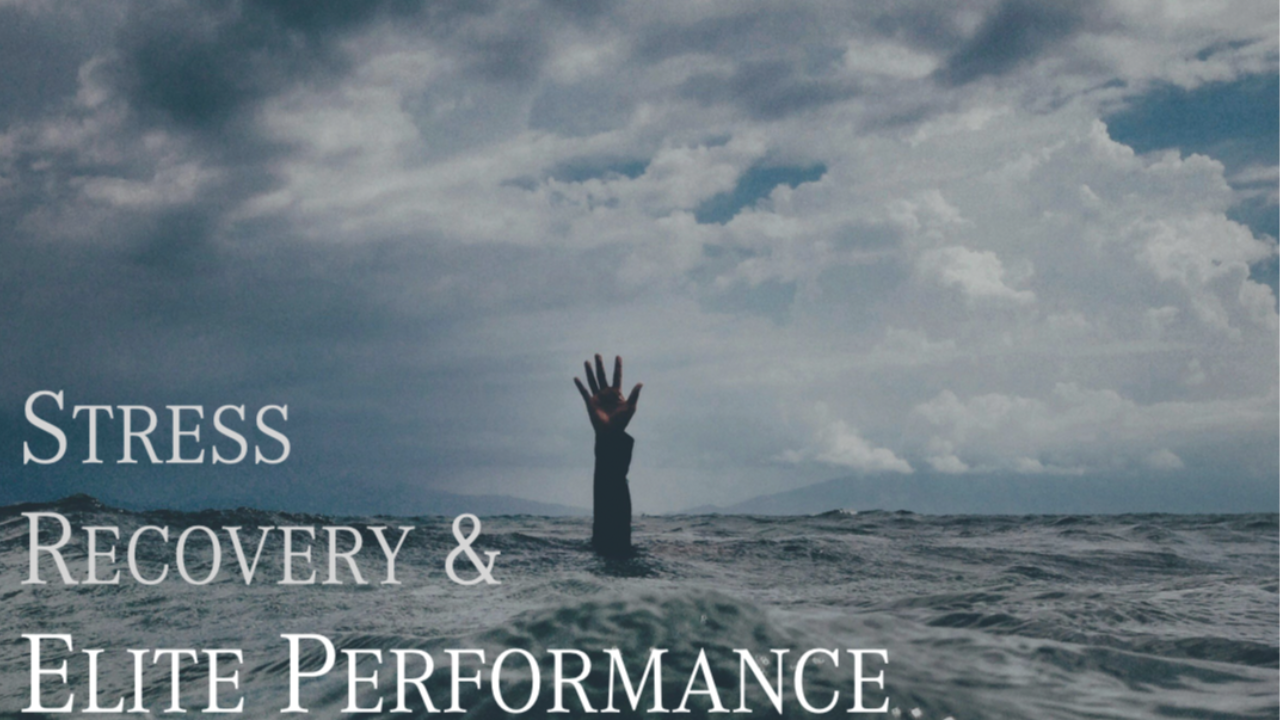Leaders Can Legislate or Educate
Oct 31, 2025
Why rule-based leadership fails when speed matters most
Solving Fortune 500 performance development in fast-moving elite teams
The memo arrived at 6 AM.
New decision-making protocols. Twelve pages of procedures designed to improve "leadership accountability" across the organization.
Read it.
Sign it.
Implement it by end of week.
Another layer of bureaucracy disguised as leadership development.
Working with elite military units and championship teams taught me something that most executives never learn:
When you legislate to create change, you're admitting you don't trust your people to think.
And in fast-moving environments, that trust deficit kills performance faster than any competitor.
The Illusion of Control
Your instinct makes sense.
Performance issues emerge. Leadership gaps become visible. Markets shift faster than your teams can adapt.
The corporate playbook says: write better rules. Create clearer procedures. Build more comprehensive policies.
It feels like progress.
It's actually paralysis in disguise.
At the 49ers, we didn't develop championship performance through policy manuals. Elite performers operate in environments where conditions change faster than rules can be written.
You can't legislate excellence. You can only educate capability.
Why Legislation Fails Elite Teams
Rules optimize for compliance, not performance.
They create the illusion of control while systematically destroying the judgment that elite performance requires.
Consider three fundamental problems with rule-based leadership development:
Decision Latency: Rules require interpretation time. In fast-moving environments, the three seconds spent consulting policy is three seconds your competitor gained advantage.
Special operations units don't succeed because they have better rulebooks. They succeed because operators develop judgment that makes rules irrelevant.
Context Blindness: Policies assume predictable conditions. Elite teams operate where conditions are never predictable.
The moment you need the rule is precisely when the rule doesn't apply. Championship environments require adaptive intelligence that legislation cannot create.
Capability Atrophy: When you legislate decisions, people stop developing judgment. They optimize for compliance rather than outcomes.
Over time, your organization loses the ability to think—only to follow.
What Elite Organizations Actually Do
They build decision-making capability through systematic education, not procedural legislation.
The difference isn't semantic. It's structural.
Principle-Based Frameworks: Elite teams operate from core principles, not exhaustive rules. At Michigan, with 100+ high-performers, we didn't create decision trees for every scenario. We established principles that guided judgment.
Principles scale. Rules break.
Scenario Pressure-Testing: Championship organizations don't distribute policy documents. They create high-pressure scenarios where leaders develop judgment through systematic exposure to complexity.
Navy SEALs don't learn crisis decision-making by reading manuals. They forge capability through controlled chaos that builds pattern recognition faster than any policy can.
Real-Time Feedback Systems: Education requires immediate performance feedback. Not annual reviews—real-time correction that accelerates learning.
When decisions happen in seconds, development cycles must match that speed. Legislation creates quarterly review processes. Education creates instant capability advancement.
Distributed Authority: Educated teams can handle distributed decision-making. Legislated teams require centralized approval for everything.
One scales. The other chokes.
The Constraint Paradox
Here's what seems counterintuitive: elite teams operating in the most constrained environments rely least on legislation.
Working with Bolton Wanderers and teams operating with extreme resource constraints revealed something profound—the tighter the constraints, the more critical individual judgment becomes.
You might assume limited resources require more control and tighter rules.
The opposite is true.
When resources are constrained, you cannot afford the decision latency that legislation creates. You need people who can optimize within boundaries through judgment, not consult rulebooks for permission.
The military doesn't give operators thick policy manuals before high-stakes missions. They develop operators who understand mission principles so completely that their judgment aligns with strategic intent—automatically.
The Speed Problem
Your market moves faster than your policy committee can convene.
By the time legal reviews the new protocol, your competitor has already adapted three times.
This is why legislation fails in fast-moving environments.
It optimizes for risk mitigation rather than opportunity capture. It treats speed as a hazard rather than a weapon.
Elite organizations understand that educated leaders create speed advantages that legislated teams cannot match.
When Liverpool FC needed to maintain championship standards while scaling globally, the solution wasn't more comprehensive rulebooks. It was systematic leadership education that enabled judgment at every level.
Distributed capability, not centralized control.
The Education Framework
Building judgment-based leadership requires systematic approaches:
Principle Immersion: Establish core decision-making principles and create intensive exposure until they become automatic. Not memorization—internalization.
Progressive Complexity: Start with straightforward scenarios. Systematically increase ambiguity and pressure. Build pattern recognition through exposure, not instruction.
Failure Analysis: Create environments where judgment errors have real consequences but survivable costs. Learn from mistakes in controlled settings before stakes become catastrophic.
Performance Pressure: Education without pressure creates academic knowledge, not operational capability. Elite development happens under conditions that mirror real performance demands.
The Trust Requirement
Here's the uncomfortable truth: legislation reveals trust deficits.
When you write rules to control behavior, you're broadcasting that you don't trust people to think correctly.
Elite teams require the opposite foundation.
They select for people who already possess the judgment baseline that makes extensive legislation unnecessary. Then they systematically develop that capability through education.
You cannot legislate competence. You can only select for it and educate it forward.
The Implementation Reality
This doesn't mean chaos.
Elite teams operate with clear boundaries and absolute standards. But those boundaries define outcomes, not processes.
At the Welsh Rugby Union preparing for World Cup competition, we didn't create decision-making matrices for every tactical scenario. We developed leaders who understood strategic principles so completely that their real-time decisions aligned with team objectives automatically.
The difference between average and elite isn't more rules.
It's better judgment.
The Strategic Choice
Your next leadership development decision will either build capability or build dependence.
Legislation creates dependence on rules. Education creates independent judgment.
One scales linearly. The other compounds.
When your competitors are writing longer policy manuals, elite organizations are developing smarter leaders.
The question isn't whether you can control every decision through legislation.
It's whether you're building an organization capable of thinking faster than your competition can regulate.
The Championship Standard
Elite performance in fast-moving environments cannot be legislated into existence.
It must be educated systematically.
The moment you try to control leadership development through comprehensive rules, you've already lost the speed advantage that modern markets require.
Your competitors are busy writing better policies.
Champions are busy building better judgment.
The teams that dominate tomorrow won't be the ones with the most comprehensive rulebooks.
They'll be the ones who developed leaders capable of making excellent decisions before their competitors finished reading the policy update.





